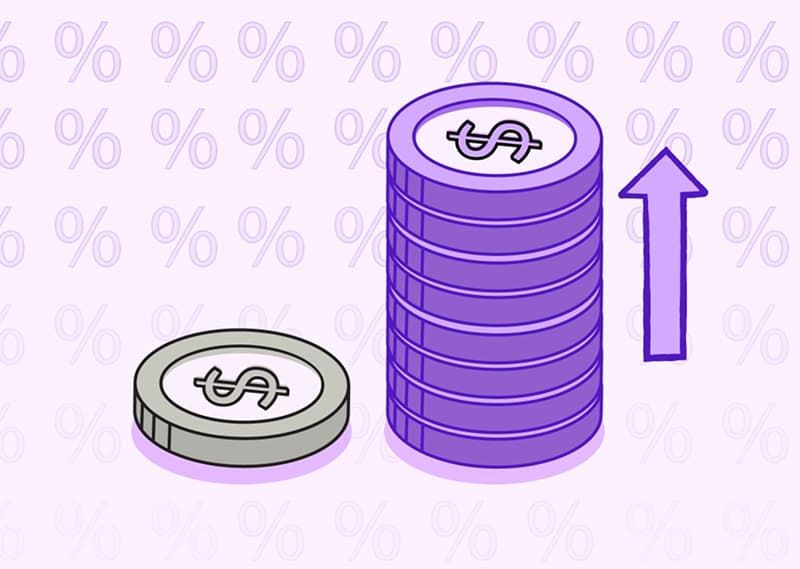Unleashing Your Brain’s Full Potential Before Noon
The initial few hours post-waking up define how your day will be spent either with a clear mind or lagging behind in some mental daze. The phenomenon of sleep inertia an interim grogginess that can take of between two hours and minutes after waking is a real impairment of cognition and not inconvenience. Luckily, there are certain morning habits, which are proven scientifically to activate the brain areas responsible to focus, be alert and persevere attention. This knowledge of these neurobiological processes explains why some routines have a huge outperforming rate in improving cognitive functions and mental clarity compared to others.

Nothing is more amazing than to wake up in the morning, and to expose your body to sunlight, which instantly aligns all the 24-hour rhythms of your body. The light is passed on to your brain through specialized cells in your retinas and this stimulates two processes happening simultaneously. First, your brain stops production of melatonin hormone which helps to keep you asleep. At the same time, the light in the morning gives your brain the urge to produce cortisol (the stimulating hormone) that prepares your nervous system to be involved in active processes. The studies indicate that a 30-minute exposure to the bright light right after waking boosts your circadian rhythms to the extent of promoting your daytime alertness and nocturnal sleep quality. In contrast to afternoon sunlight exposure, which makes your internal clock run slower, and makes you want to sleep later, morning light gives you phase advancement phase, which is more natural, and gets you to sleep earlier and wake up earlier.
Hydration is the most underutilized cognitive enhancer universally available to any human desiring enduring mental acuity. The human brain, consisting of roughly seventy-three percent water, shows detectable functional impairment with minimal fluid loss. Even mild dehydration, featuring only one to two percent body weight loss, reduces your capacity for attention, new memory creation, and executive function. After several hours of night sleep with no fluids ingested, your brain operates in a chronically dehydrated state. Drinking water first thing—before coffee, before breakfast—restores neural efficiency in minutes. This is why hydration is among the highest-impact interventions available to you, yet is largely forgotten compared to your caffeine intake.
There is strategic knowledge in the adenosine-caffeine relationship to promote the maximum attention during the morning time. During sleep, there is an accumulation of adenosine, a neurotransmitter that causes drowsiness, in your brain. When a person wakes up the adenosines are at their lowest. The direct effects of consuming caffeine take advantage of this neurochemistry albeit not at full efficiency. The blocking of adenosine receptors by caffeine stops the transmission of drowsiness to the consciousness. But adenosine will keep building up during your day and your lunchtime consumed caffeine will lead to tolerance before you even get to the afternoon to feel fatigued. The best time to drink coffee is forty to ninety minutes after waking up when natural cortisol levels have fully worked and then we can incorporate caffeine when cortisol levels drop naturally.
The structure of breakfast has a profound effect on the amount of time and intensity of morning attention. Large amounts of carbohydrate diets in the morning cause tremendous blood glucose spikes and subsequent crashes two or three hours after the intake. These crashes introduce desires, exhaustion, and lack of focus just at the time that the productivity in the morning is at its peak. On the other hand, vegan breakfast, which is rich in proteins, and savory in nature with eggs, yogurt, or fish holds glucose levels steady with four-plus-hour energy and mental acuity. Protein helps avoid glucose spikes and provides your brain with consistent energy, the main energy source of the prefrontal cortex activities that control executive decisions and sustained focus.
Morning meditation is a poorly-known understudied neurological intervention with impressive quantifiable potential. Five-minute sessions also involve the dorsolateral prefrontal cortex and anterior cingulate cortex; the brain areas which deal with attention, decision-making, working memory, and cognitive control. As these areas are regularly practiced, they physically expand forming quantifiable structural brain effects. It is literally meditation that forms your attention networks.
Light exercise even ten minutes of movement induces metabolic and neurological activity. Exercising in the morning improves your metabolism better than the afternoon exercise, and the release of neurotransmitters in the morning prolongs throughout your day. Workouts stimulate the sympathetic nervous system in place of the natural increase in cortisol.
 Disclaimer:
Disclaimer:
The content provided on our blog site traverses numerous categories, offering readers valuable and practical information. Readers can use the editorial team’s research and data to gain more insights into their topics of interest. However, they are requested not to treat the articles as conclusive. The website team cannot be held responsible for differences in data or inaccuracies found across other platforms. Please also note that the site might also miss out on various schemes and offers available that the readers may find more beneficial than the ones we cover.
Featured Articles
-
 Travel
TravelWhy Travel Insurance is a Vital Investment for Travelers Today?
-
 Finance
FinanceThe Power and Need for High- Yield Savings Accounts
-
 Automotive
AutomotiveUnmissable Deals on Affordable Tires Every Driver Needs to Grab
-
 Health & Wellness
Health & WellnessHow to Choose the Right Dental Insurance and What Are They
-
 Home & Garden
Home & Garden8 Simple Rental Upgrades That Feel Like Home
-
 Home & Garden
Home & GardenEssential Insights When Replacing Your Kitchen Gadgets




